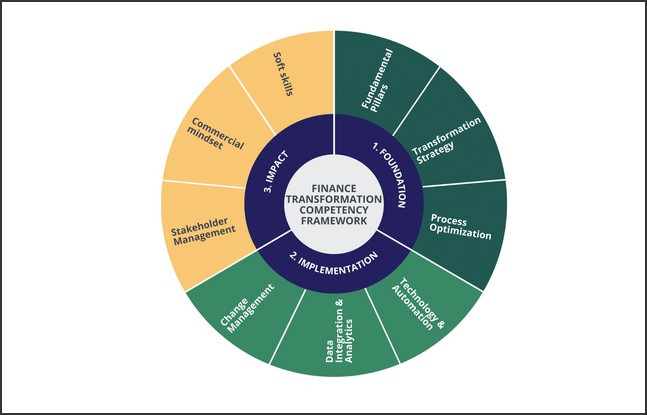
Mandatory Conversion: Understanding Financial Transformations is a comprehensive study of the process where convertible securities are automatically changed into another form, typically common stock, without the holder’s consent. This financial transformation is often stipulated in the terms of the security at the time of issue. The book delves into the intricacies of this complex financial mechanism, exploring its implications for investors, companies, and the broader financial market. It provides a detailed analysis of the factors that trigger mandatory conversion, the potential benefits and drawbacks, and the strategic considerations involved.
Unraveling the Complexities of Mandatory Conversion in Financial Transformations
Mandatory conversion is a critical aspect of financial transformations that often goes unnoticed. It is a complex process that involves the automatic conversion of one type of financial instrument into another, typically at a predetermined date. This process is often used in the context of convertible securities, such as bonds or preferred shares, which are automatically converted into common shares under certain conditions.
The concept of mandatory conversion is rooted in the need for financial flexibility and risk management. Companies issue convertible securities as a way to raise capital without immediately diluting their existing shareholders. These securities offer investors the potential for higher returns if the company’s stock price increases, while also providing the safety of a fixed-income investment if the stock price declines.
However, the conversion process is not always straightforward. It is governed by a set of rules and conditions outlined in the security’s conversion terms. These terms specify the conversion ratio, which determines how many common shares an investor will receive for each convertible security they hold. They also set out the conversion price, which is the stock price at which the conversion will occur, and the conversion date, which is when the conversion will automatically take place.
The mandatory conversion process can have significant implications for both companies and investors. For companies, it can lead to an increase in the number of outstanding shares, which can dilute existing shareholders and potentially impact the company’s stock price. However, it can also reduce the company’s debt burden and interest expenses, as the convertible securities are effectively removed from the company’s balance sheet upon conversion.
For investors, mandatory conversion can offer the potential for capital gains if the company’s stock price has increased significantly since they purchased the convertible security. However, it can also result in a loss if the stock price has declined. Furthermore, investors may lose the fixed income provided by the convertible security, as they will now hold common shares which may not pay dividends.
Despite these complexities, mandatory conversion plays a vital role in financial transformations. It provides companies with a flexible financing option that can help them manage their capital structure and risk profile. It also offers investors a unique investment opportunity that combines the potential for capital appreciation with the safety of a fixed-income investment.
However, understanding the intricacies of mandatory conversion requires a thorough knowledge of financial markets and instruments. It also requires careful consideration of the potential risks and rewards, as well as the specific terms and conditions of the convertible security. Therefore, both companies and investors should seek professional advice before engaging in transactions involving convertible securities and mandatory conversion.
In conclusion, mandatory conversion is a complex but essential aspect of financial transformations. It involves the automatic conversion of convertible securities into common shares, which can have significant implications for companies and investors. Despite its complexities, it offers numerous benefits and plays a vital role in the financial landscape. Therefore, a thorough understanding of mandatory conversion is crucial for anyone involved in the world of finance.Mandatory conversion refers to the compulsory transformation of financial instruments from one form to another, often driven by specific conditions or regulations. This process can significantly impact the financial landscape, altering the value, risk profile, and potential returns of investments. It is crucial for investors and financial institutions to understand these transformations to effectively manage their portfolios and comply with regulatory requirements. However, mandatory conversion can also lead to uncertainties and complexities, necessitating careful analysis and strategic planning.
